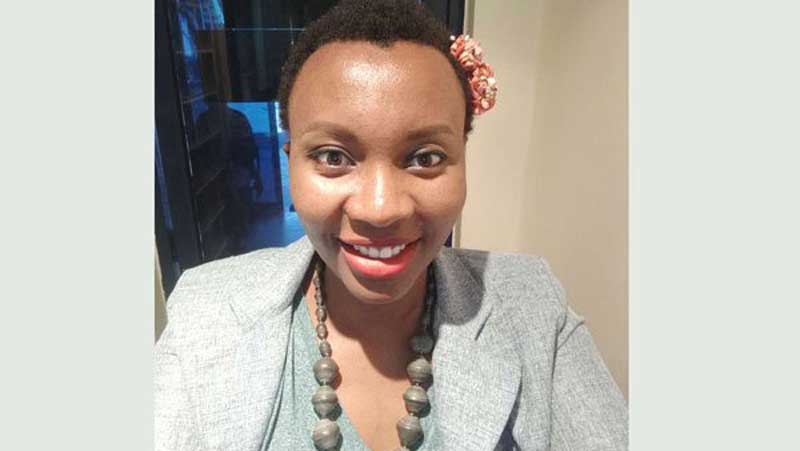
She was our sister and our friend but, from the time we were totos, Meri was not like us. If the Good Samaritans who came to give us foods and clothes on Sundays asked us what we wanted from God, some of us said going to school; some of us said enough money for living in a room in Mathare slums; and some of us, the ones who wanted to be seen we were born again, said going to heaven. But Meri, she only wanted a big Fanta Blackcurrant for her to drink every day and it never finish.
That is the opening paragraph of 'Fanta Blackcurrant,' the ten-page short story that, this past Monday, won Kenya's Makena Onjerika this year's Caines' Prize for the best published (and submitted) short story by any African writer.